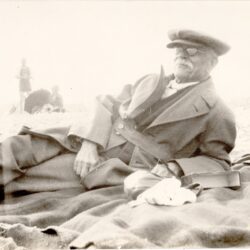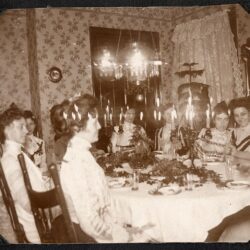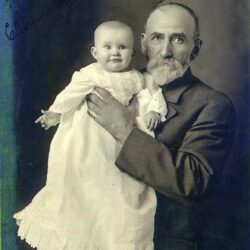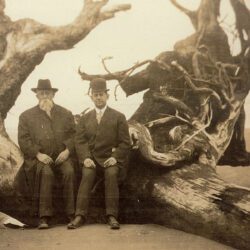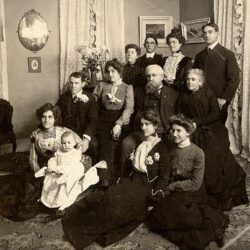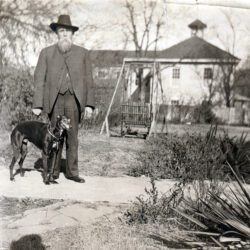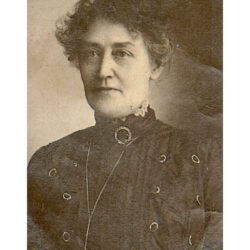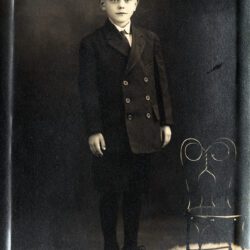Call Me When You Want to Talk About the Tombstones
A mother-daughter genealogical treasure hunt.
A mother inherits a leather box containing scraps of family papers and photos dating back more than a century. Her daughter joins her on a moving quest to reconstruct their family history. Together they sift through archives and inspect eroded headstones, piecing together their ancestry in order to understand who they are. Elegiac yet spirited, Call Me When You Want to Talk about the Tombstones is a scavenger hunt, a DNA test, a jigsaw puzzle of lineage. Cynthia Marie Hoffman is “a rising star” (Library Journal), a poet of infectious and meticulous vision.
“The heartache of combing through photographs, century-old script, and a cemetery’s confusion lies not in the sorrow of each ghost’s story, but in how intimately one’s own death then asks to be companioned and carried. Cynthia Marie Hoffman obsessively and nimbly combs, witnessing histories both harrowing and common, and it is her practice of hand and mind that moves us, as readers, to view each living face before us as subject to the one last fact: death—and us, in turn, as future mourners. This virtuosic, lyrical meditation can therefore orient us ethically, deeply, and beautifully to each other and to our mortal selves.”
Katie Ford
“Call Me When You Want to Talk About the Tombstones is a haunting, thrilling experience. Each line of Hoffman’s tactile, incandescent poetry recovers, for a moment, the irrecoverable past with stunning clarity.”
Nick Lantz
Hoffman turns a fragmented lens on her family’s past in her third collection, a hybrid of poetry, memoir, and genealogical research. The work takes its title from a line in an email the poet received from her mother, and its strange juxtaposition of casual talk about tombstones hints at the book’s curious structure and sentiment. … Amid an artful probing of memory, Hoffman poses a profound question to her readers: “What is the exact volume of scrap and residue we must leave behind?”
Publisher’s Weekly
Intricate and intelligent, these poems reveal the heart of the genealogical craze—to face mortality, and find a way to remember and be remembered.
Camille-Yvette Welsch, Foreword Reviews
